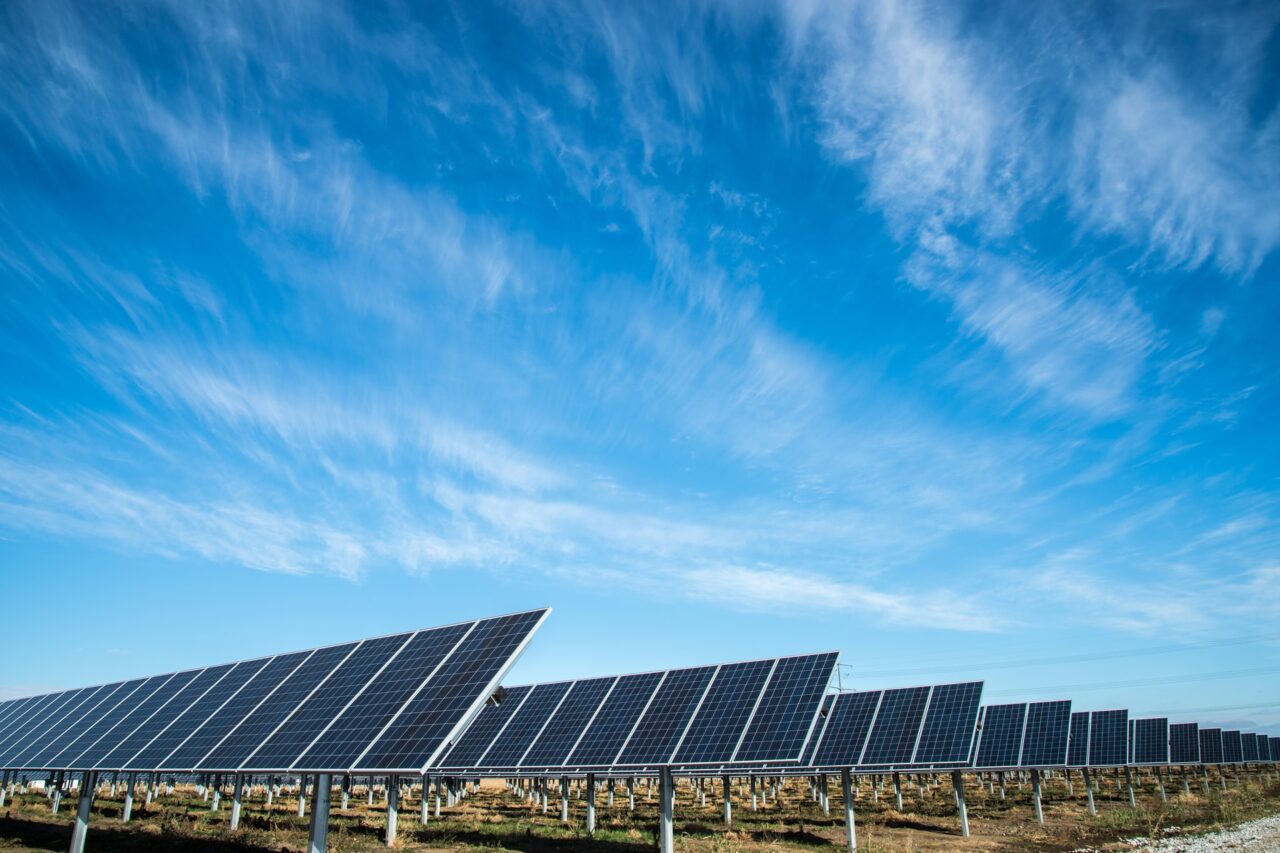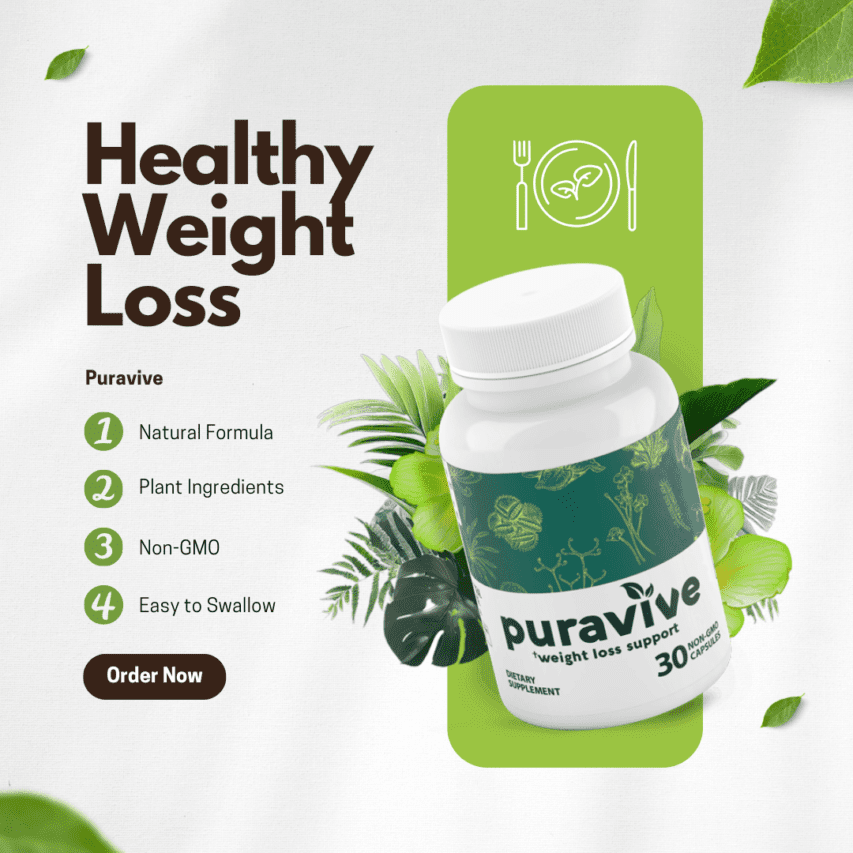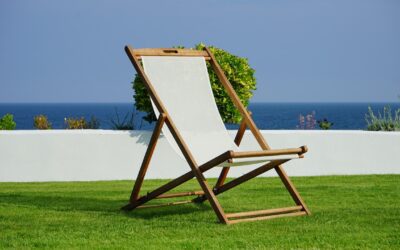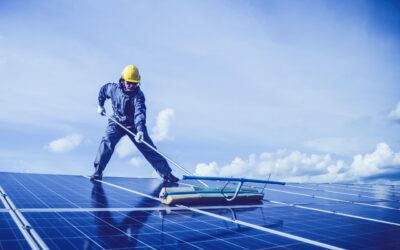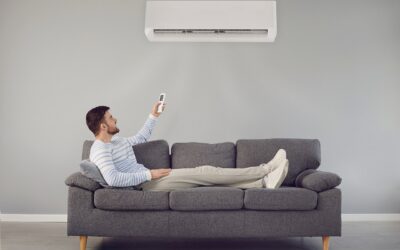While generating power from the sun is smart, it requires a lot of knowledge and the right equipment. Here’s an in-depth guide to help you understand what is solar power and how to harness it.
What is Solar Power?
Solar power is also known as solar panel systems. They commonly refer to photovoltaic (PV) solar panels that generate power for your home.
Why Install Solar?
Here are a few solid reasons to consider installing solar power:
- It’s a great investment that leads to a reduction in electricity bills.
- Significantly reduces carbon footprint by offsetting traditional power generation.
- Protects from continuously rising electricity prices.
- Is reliable and has a small maintenance fee.
- Allows you to be independent of the grid.
- Excess solar power increases savings when you sell the extra to the electricity network, divert it to EV hot water cylinders and car charging, or store it in batteries.
How Does Solar Work?
You can tap into the sun’s renewable energy to power your house and save big on your electricity bills.
But how can you convert sunlight into useful power using solar panels? Keep reading to understand the basics of how solar works.
- Solar Panels: The first step is to install solar panels. This helps you capture sunlight. The sunlight is converted into electrification by the photovoltaic cells in the panels.
- Inverter: It converts energy from the solar panels to electricity that you use in your house.
- Smart Meter: Upgrade the meter to a smart import-export meter.
- Monitoring System: It organizes information from the smart meter. It also displays this information in a useful format. It shows real-time generation along with your consumption. This helps you evaluate how much you’re saving.
- Sell it Back: If you’re generating more electricity than you use, you can sell it back to the grid at up to 12 c per kWh.
- Battery: You can also store all the excess electricity in a battery and use it later on.
- Back-up Generator: if you’re going off-grid, you can have a backup generator to make sure you have a regular electricity supply.
How Do Solar Photovoltaic Panels Work?
Every solar photovoltaic panel is made up of a lot of connected solar cells. When the sun shines, these solar panels absorb the light and the conductors and silicon in the panels convert it into Direct Current (DC) electricity.
This then flows into the inverter which converts direct electricity to Alternating Current (AC) electricity which you use in your home.
Solar panel systems are usually installed as ‘grid connected’. It means that if your solar panels produce more electricity than you can consume, the excess electricity is sent back to the grid. However, if you require additional power, then your house can draw electricity from the grid.
Solar panels only work during the day, when the sun is shining brightly. Therefore, you need to have a storage battery system to store electricity for emergencies.
Can I Store Solar Power to Use Later?
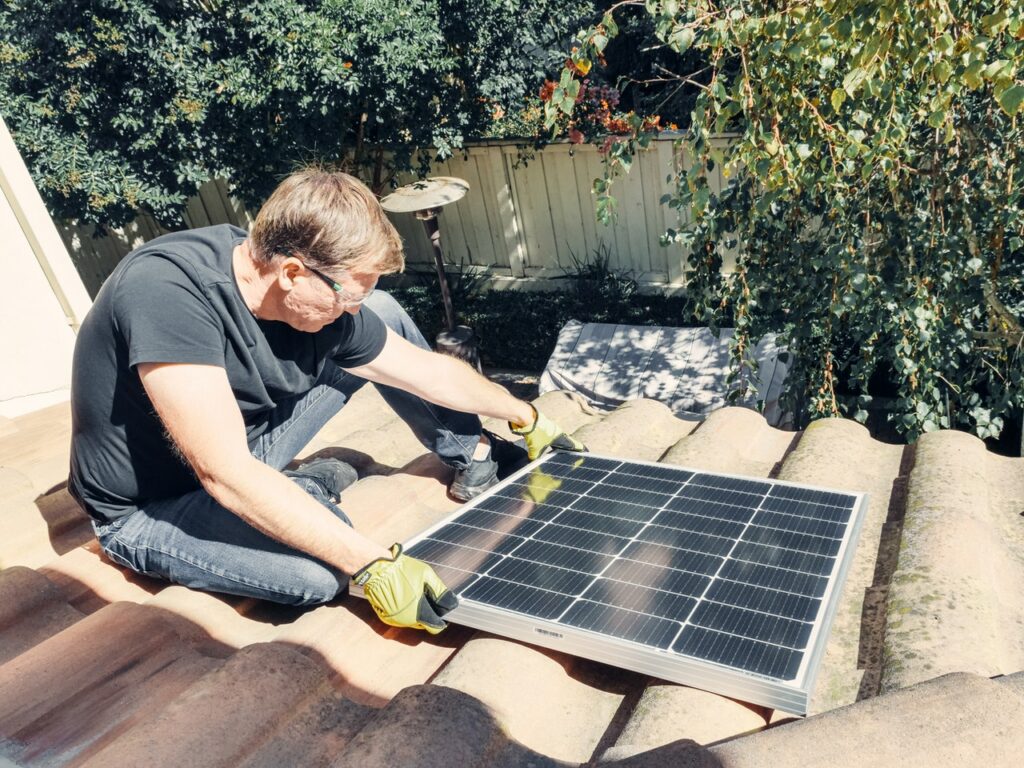
If you’re just installing a solar PV system, then you need to immediately consume the electricity generated by the solar panels. It cannot be stored.
However, you can select a battery storage option that allows you to store all the extra solar energy for future consumption. Battery storage costs are high which makes it uneconomical for a lot of people. However, it’s an emerging market that’s developing rapidly.
Does Location Matter?
Almost all of New Zealand is suited for PV solar panels as all regions have good sunshine hours around the year.
Solar power is the best choice if you reside in sunny regions such as Marlborough, Bay of Plenty, Nelson, Auckland, and Northland.
You don’t have to live in a warm region as solar panels convert light from the sun’s rays into electricity.
All you need is a suitable roof where the solar can be properly installed. It works best on a north-facing roof but is also suitable for roofs with west or east orientation. Ensure that your roof is in a good condition and free from any shading.
The Cost of Solar Power in New Zealand

Solar power is a favorite of environmentalists and people who prefer a self-sustainable lifestyle. However, they’re pretty expensive and generally outside the budget of an average New Zealander.
But, due to the dramatic decrease in prices during the last ten years, more and more people are able to use solar power. It’s now become a feasible solution for businesses and households. People are using solar power to generate a reasonable amount of electricity to fulfill their needs.
The Cost of Solar Power Equipment and Installation
Searching for solar power solutions for your business or home already? You might have noticed that it’s definitely not an impulse purchase.
The cost of consultation, installation, panels, inverter, battery, and maintenance are considerable and need to be weighed against your savings.
There’s no simple answer to ‘what does it cost?’. The closest answer is ‘it varies’.
Here are some of the factors that affect the prices:
- Type and size of solar panels
- Quality and type of the solar inverter
- Your business or home’s roof material, shape, space, and size
- If you will be storing power with a battery
- If building consent is needed
- The existing wire in your business/home
The best thing is to shop around and get several quotes from trusted and reputed providers.
Ensure that you get a system that not only meets your current needs but also your future needs as a good solar panel will last more than 25 years.
If you need a figure to get started, we recommend budgeting at least $10,000 for a standard solar power system.
How to Select a Solar Power Provider?
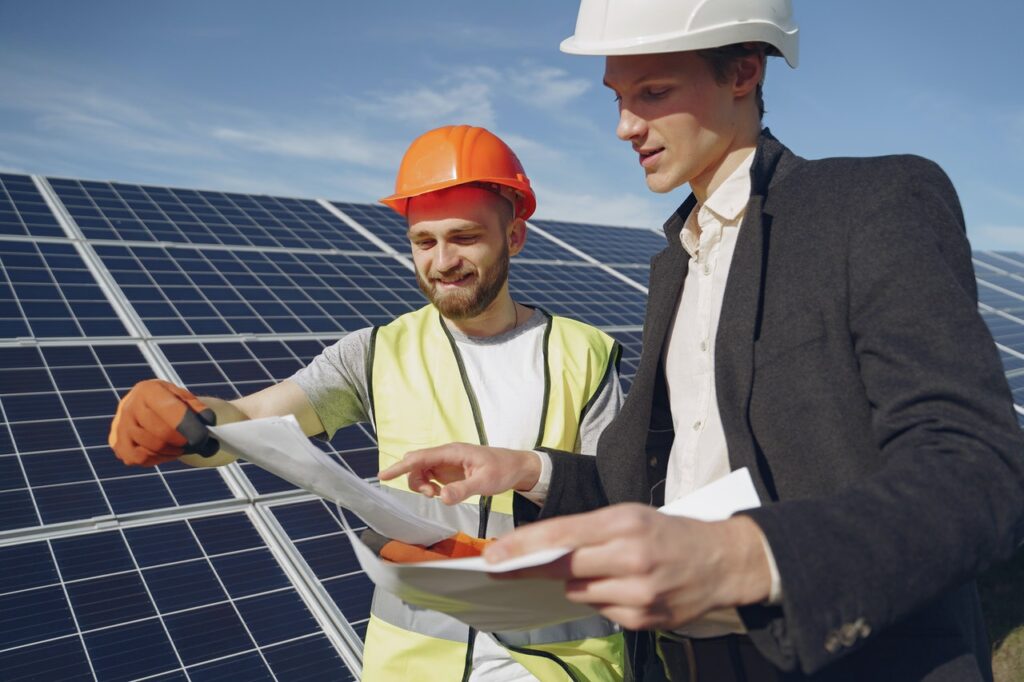
Setting up solar power can be daunting. However, with the help of experienced professionals, you can find the solution to your needs.
Here are a few things to take consider when selecting a solar power provider:
- Do they provide individual services, and home consultations to access the suitability of installing solar based on your household circumstances?
- How much warranty do they provide on inverters?
- What’s the performance warranty on solar panels installed by them?
- Do they have hybrid inverters with battery connectivity and consumption monitors for a future-proof system?
- Do they provide detailed data monitoring and periodic performance evaluations?
- Are there any hidden costs?
- How experienced are the installers and what’s the workmanship warranty?
- Do they use trusted and high-quality solar panels and inverter products that have a proven track record?
- Do they provide tailored solutions?
- Do they provide customized systems?
- How are their reviews?
Easy Energy-Saving Tips
Whether it’s work, home, or life, small changes often have a big impact. You can still binge-watch your favorite TV shows or cook up a storm while staying on top of your energy bill.
We bring you some easy energy-saving tips that will help you make the most of your electricity usage.
When You’re in The Kitchen

- Use a low cooker. A cooktop requires 2,200 watts and an oven requires 1,900 watts whereas a slow cooker requires only 230 watts.
- Check your fridge. Ensure that your fridge temperature is correct. It should be between 3°C to 4°C. Your freezer, on the other hand, should be set between -15°C to -18°C.
- Use the dishwasher efficiently. Try not to run full loads and always use the ‘eco’ setting. If you hand wash dishes, tone down on hot water.
- Prep your meals. Meal prepping allows you to cook fewer meals every day. This means double the recipes but less appliance usage per day. This saves time and energy.
When You’re Heating Your Home
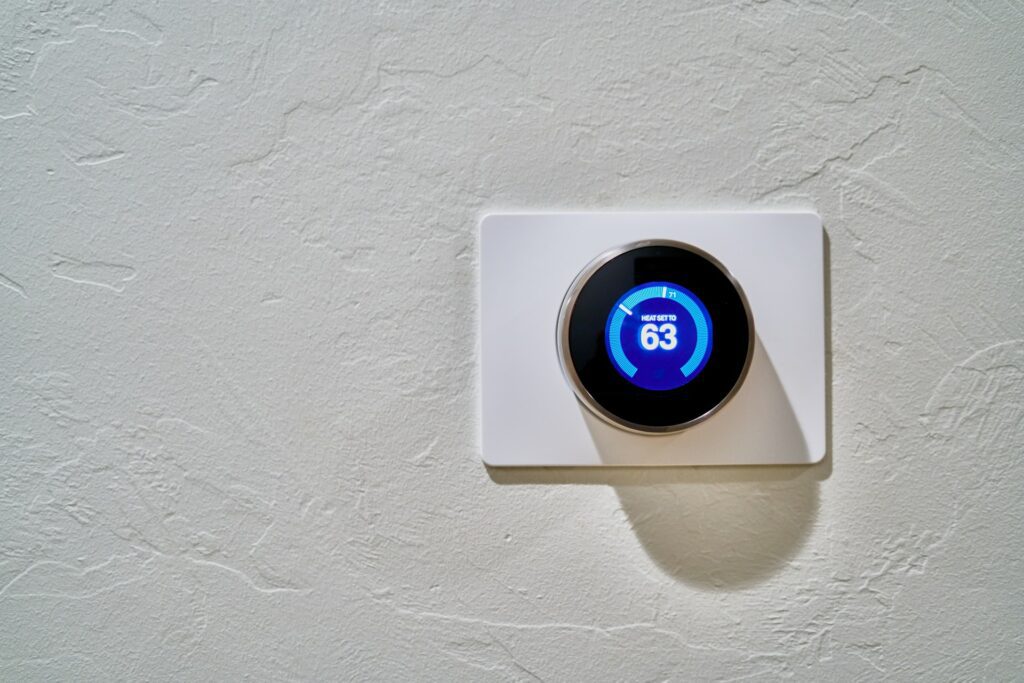
- Keep the cold air out. Block the chimney and gaps under your doors and windows. Close the curtains just before dark to retain heat.
- Use weighted blankets. Layer blankets or use weighted blankets instead of electric blankets to help you save more energy.
- Set a timer for your heat pump. This will significantly reduce your energy consumption. Automate it so that you don’t ever forget to turn it off!
- Use energy-efficient curtains. Surprisingly, homes without curtains lose up to 31% of heat through the windows! Invest in high-quality thermal curtains to retain heat.
Good Energy Saving Habits
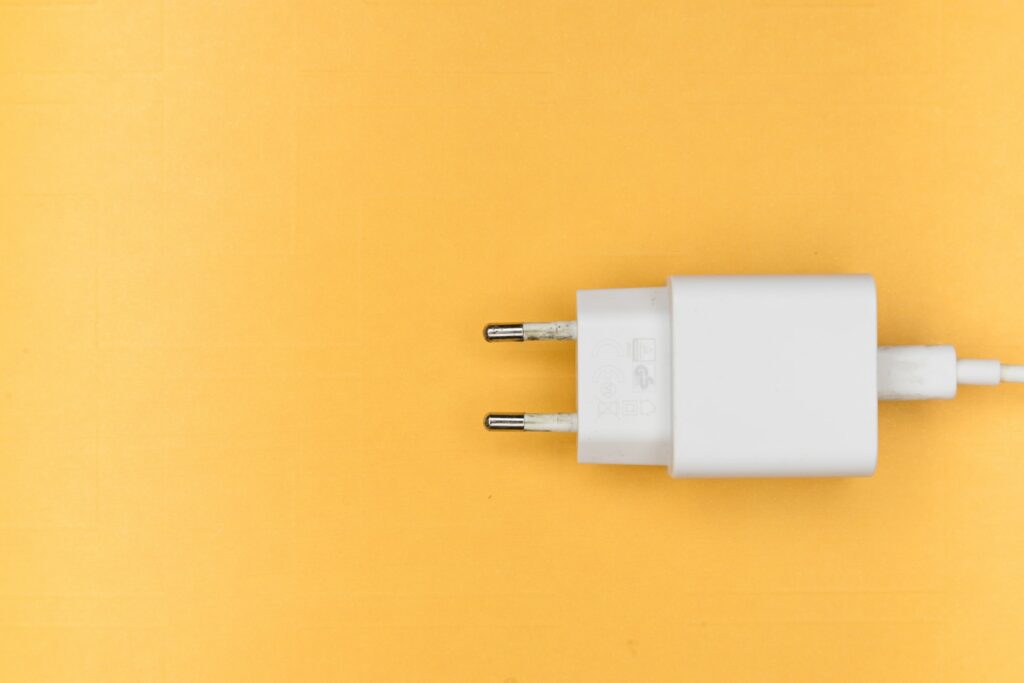
- Charge efficiently. Turn off your laptop and phone chargers once they’re fully charged. Avoid charging your devices before bed to reduce the chances of leaving them plugged in all night!
- Turn off the hot water. If you’re going on holiday for over 2 weeks, it’s best to turn off the heating water.
- Turn off the appliances. The little red light generally indicates your device is on standby and not completely off. Therefore, it’s recommended that you switch it off properly to conserve more energy.
- Opt for energy-saving lightbulbs. Use LEDs and CFLs to save energy.
Frequently Asked Questions (FAQs)
Will Solar Panels Lower My Energy Bill?
Solar panels provide energy savings if you use large portions of your solar generation. It’s a great option if you’re at home throughout the day or if you have items such as air conditioning and pool pumps that require a lot of energy. When you use solar generation, then you will only draw electricity when you really need it. So your energy bill will be reduced. Every individual’s savings varies and depends on several factors such as how much power their system generates, how much they pay for electricity, and how much electricity from their solar generation they’re using.
Why Do I Need to Understand Solar Buy-Back Rates?
Buy-back rates are also known as ‘Export Tariffs’. It’s what you are paid by the electricity retailer for all excess electricity that’s fed back into the grid. The benefit of installing solar power is that you use your own solar power and don’t draw much from the grid. Additionally, you can put all the unused power to the energy retailer by putting it back into the grid. It’s important that you consider the overall value of your energy plan when selecting your electricity retailer.
How Many Solar Panels Do I Need?
We recommend taking the following factors into consideration to help you decide how many solar panels you need:
- Daytime Usage: What’s your daytime electricity usage? Solar power doesn’t work at night and therefore, it’s important to know your daytime usage.
- Roof Size: What’s the size of your roof that you can use for solar power? As a rule of thumb, the average system size of 3kW requires 24m² of your roof’s space.
- Current and Future Electricity Usage: How much electricity do you currently require and how much do you anticipate your usage pattern or requirement will change in the future? For instance, you might start working from home or your children may leave for college.
How Can I Get Solar Panels?
You should get in touch with multiple providers and invest time in research. Here are a few key things to consider before installing a solar panel system:
Get the right advice from experts like Hiko Electrical. Understand the size and type of solar panel system you need based on your needs.
There are a lot of solar panels and inverters to choose from. Therefore, it’s easy to get confused and make the wrong choice. Always understand what you’re purchasing and opt for quality components.
Choose a provider that you’re confident will be around to support you with the installation and maintenance.
The Future Of Solar
As prices for solar panels in New Zealand have become competitive and battery storage technology has advanced, solar energy has become a popular choice for most New Zealanders.
Sure, going completely off-grid is expensive (and undesirable), but solar panels are a great way to control your energy usage, produce renewable energy and become self-sustainable.
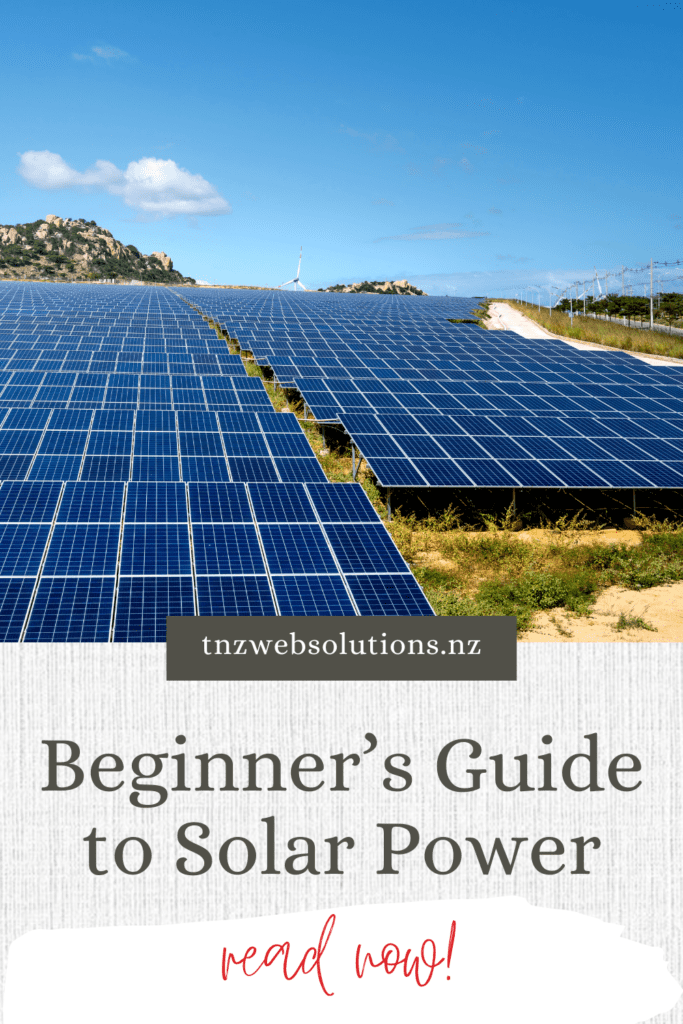
Featured Image Credits: Unsplash
About the Author

Shristi Patni
Content Writer
Shristi is a content writer and owner of F and B Recipes and Snazzy Women. When not writing, she can be found reading or trying new recipes.
